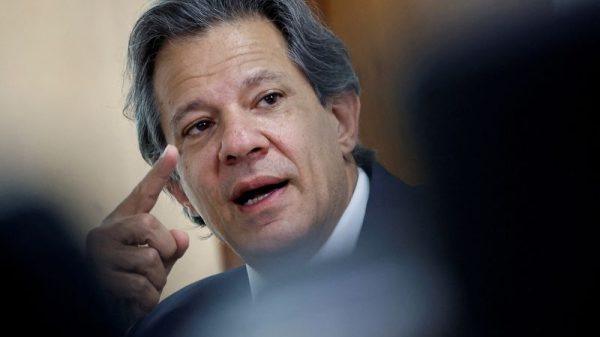By Jake Spring
CALI, Colombia (Reuters) – Wealthy nations appeared to hit a limit with how much they are willing to pay to conserve nature around the world, instead shifting their focus at the two-week U.N. biodiversity summit toward discussions of private money filling the funding gap.
At the COP16 negotiations in Cali, Colombia, countries failed to figure out how they would mobilize $200 billion annually in conservation funding by 2030, including $30 billion that would come directly from rich nations.
That money, pledged two years ago as part of the landmark Kunming-Montreal Global Biodiversity Framework agreement, is meant to finance activities that boost nature, such as sustainable farming or patrolling wildlife reserves.
But there was no consensus as talks dragged on beyond the summit’s scheduled end on Friday, during which dozens of delegations departed. By Saturday morning’s roll call, there was no longer a quorum among the nearly 200 nations for an agreement to pass, forcing organizers to abruptly suspend the meeting.
“I am both saddened and enraged by the non-outcome of COP16,” said Shilps Gautam, chief executive of project finance firm Opna.
“The wild thing about the nature financing discussions is that the numbers discussed are already a pittance.”
Human activities such as farming, mining, and urban development are increasingly pushing nature into crisis, with 1 million or so plant and animal species thought to be at risk of extinction.
Climate change, a result of fossil fuel burning, is also adding to nature’s woes by raising temperatures and disrupting weather cycles.
Countries will meet again in Azerbaijan next week for the U.N.’s COP29 climate summit, which again will be focused on the steep need for funding from wealthy nations to their poorer counterparts to help shoulder climate costs.
LITTLE MONEY FROM RICH NATIONS
Even before the talks broke down, developed nations had signaled an unwillingness to offer large amounts of cash.
European governments including Germany and the Netherlands have slashed their foreign aid budgets over the last year, while France and the U.K. are also cutting back.
Government development money specifically targeted at nature conservation abroad fell to $3.8 billion in 2022 compared with $4.6 billion in 2015, according to the Organisation for Economic Co-operation and Development.
At COP16, U.N. Secretary General Antonio Guterres demanded that countries make significant new contributions to the Global Biodiversity Framework Fund.
The response was muted. Nations at COP16 pledged $163 million in contributions to the fund, bringing total contributions to roughly $400 million – far from a major contribution to the $30 billion target from nations by 2030.
The United States, which is not a party to U.N. Convention on Biological Diversity, has not contributed.
“The public money is already leveraged as much as we can,” Florika Fink-Hooijer, the European Union’s director general of environment, told reporters at the summit.
“We now have to look at other sources of funding.”
PRIVATE CASH
When it came to going after private capital, delegates at the COP16 summit agreed to a plan to charge pharmaceutical and other companies for their use of genetic information in the research and development of new commercial products.
Pharmaceutical companies Pfizer (NYSE:PFE), Merck, AstraZeneca (NASDAQ:AZN) and Sanofi (NASDAQ:SNY) did not respond to request for comment on the deal.
Experts estimate the plan could generate about $1 billion annually.
That still doesn’t cover the billions needed to halt the collapse of ecosystems, like the Amazon (NASDAQ:AMZN) rainforest or coral reefs. The world will need to devise ways for enticing private investment in nature-friendly projects, said Marcos Neto, director of global policy at the U.N. Development Program.
Some tools include green bonds or debt-for-nature swaps, whereby countries refinance their debt at lower interest rates in order to spend the savings on conservation. The World Economic Forum estimates that debt-for-nature swaps could generate $100 billion in nature funding.







































